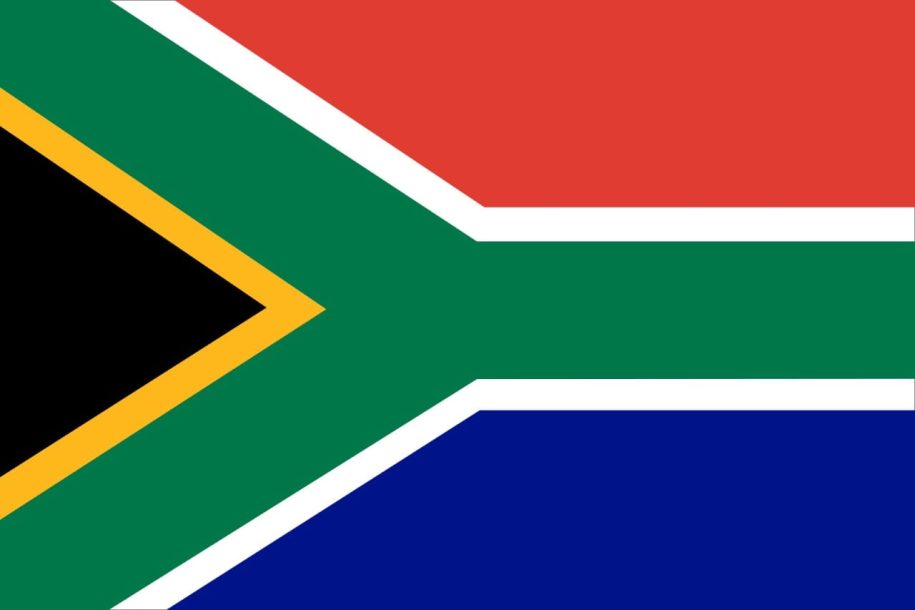South Africa History is a complex and multifaceted one, with many different factors contributing to the country’s evolution over time. From the earliest human settlements to the present day, South Africa has been shaped by colonization, slavery, apartheid, and resistance movements, as well as by economic, social, and cultural factors.
Pre-Colonial History:
The earliest human settlements in South Africa date back more than 100,000 years. Hunter-gatherer communities lived in the region for thousands of years, followed by the arrival of pastoralists and ironworkers from around 500 BCE. By the time of European colonization in the 17th century, the region was inhabited by various ethnic groups, including the Xhosa, Zulu, and Sotho peoples.
Colonization:
In 1652, the Dutch East India Company established a settlement at the Cape of Good Hope, marking the beginning of European colonization in South Africa. The Dutch established a colony and brought in slaves from other parts of Africa, as well as from Indonesia and India. The British seized the colony in 1795, and after a brief period of Dutch rule, it was permanently ceded to the British in 1815.
Slavery:
Slavery played a significant role in South Africa’s early history, with the Dutch importing thousands of slaves from other parts of Africa and Asia to work on their farms and in their households. The British abolished slavery in 1834, but the legacy of slavery persisted, and many freed slaves remained trapped in poverty and dependence on their former masters.
Apartheid:
The most infamous period in South Africa’s history is undoubtedly the era of apartheid, a system of racial segregation and discrimination that was in place from 1948 to 1994. Under apartheid, the white minority government of South Africa enforced strict racial segregation, with separate facilities and services for different races. Black South Africans were denied basic rights such as the right to vote and the right to own land and were forced to live in overcrowded and impoverished townships.
Resistance Movements:
Throughout the apartheid era, there were numerous resistance movements that fought against the government’s discriminatory policies. The African National Congress (ANC) was one of the most prominent, and its leaders, including Nelson Mandela, spent decades in prison for their activism. International pressure and economic sanctions eventually led to the end of apartheid, and in 1994, South Africa held its first democratic elections.
Post-Apartheid South Africa:
Since the end of apartheid, South Africa has made significant strides toward building a more equal and just society. The ANC has remained in power but has faced criticism for corruption and economic mismanagement. The country still faces significant challenges, including high levels of poverty and inequality, a high crime rate, and ongoing racial tensions.
Conclusion:
The history of South Africa is a complex and often painful one, marked by colonization, slavery, apartheid, and resistance movements. While the country has made significant progress towards building a more equal and just society, there is still much work to be done to address the legacy of the past and build a better future for all South Africans.


Leave a Reply